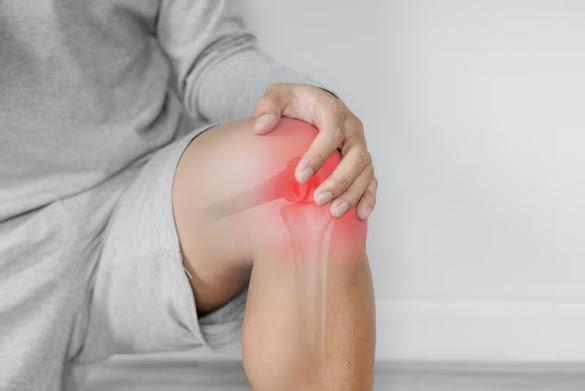Arthritis is a disease that impacts millions of people worldwide, causing pain, stiffness, and discomfort in the joints. While medication and exercise play a crucial role in managing arthritis, your diet can also significantly affect how you feel. In this blog, we'll explore the foods to avoid if you live with arthritis to help you make better choices and ease your symptoms with the best prescription discount card.
Understanding Arthritis
Arthritis is not just one condition; it
comes in various forms, including osteoarthritis and rheumatoid
arthritis. Regardless of the type, arthritis commonly leads to symptoms
like joint pain, swelling, and limited mobility. One primary reason for these
symptoms is inflammation.
Foods to
Avoid
1. Highly Processed and Inflammatory
Foods
Foods
containing high sugar, refined carbohydrates, and trans fats can worsen
inflammation in your body. This includes sugary snacks and drinks, white bread,
and processed junk food.
2. Red Meat and High-Fat Dairy Products
Eating
too much fatty meat and dairy can make your body feel sore. Try to eat less of these
foods.
3 Vegetables
Nightshades
like tomatoes, potatoes, peppers, and eggplants relate to joint
pain in some people. While it's not the case for everyone, it's worth
paying attention to your body's response to these vegetables.
4. Foods High in Purines
People
living with Arthritis,
especially those with gout, should avoid foods high in purines. This includes
shellfish and organ meats, which can contribute to inflammation.
Conclusion
Choosing
the right foods can make arthritis symptoms better. To have a healthier diet,
avoid processed and bad-for-your foods like red meat, certain veggies, and rich
foods. Instead, eat foods that don't cause inflammation and use helpful tips to
feel better.
Now,
relax and enjoy big discounts (up to 85% off) on well-known and generic
medicines! Show the pharmacist our special Rx pharmacy discount card and save
money for your whole family, including your pets.







